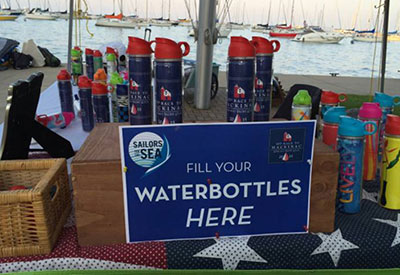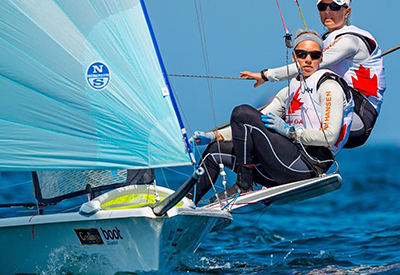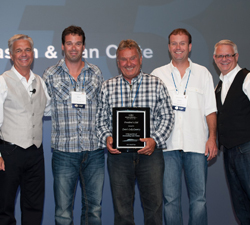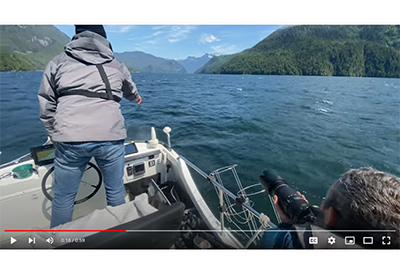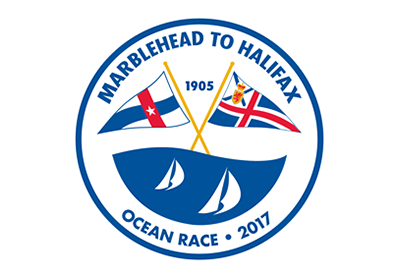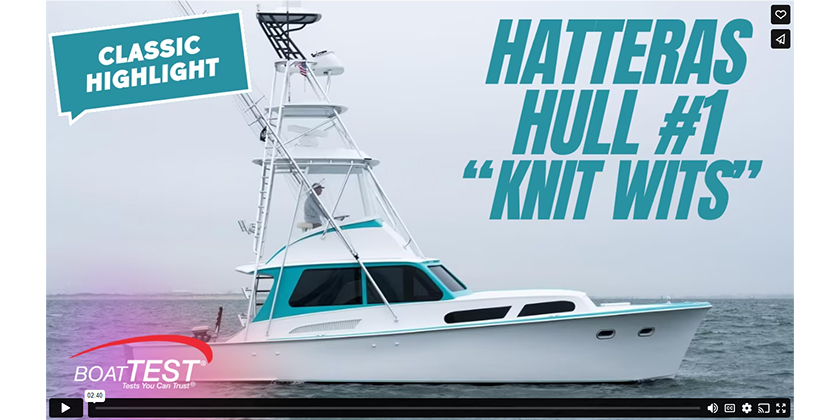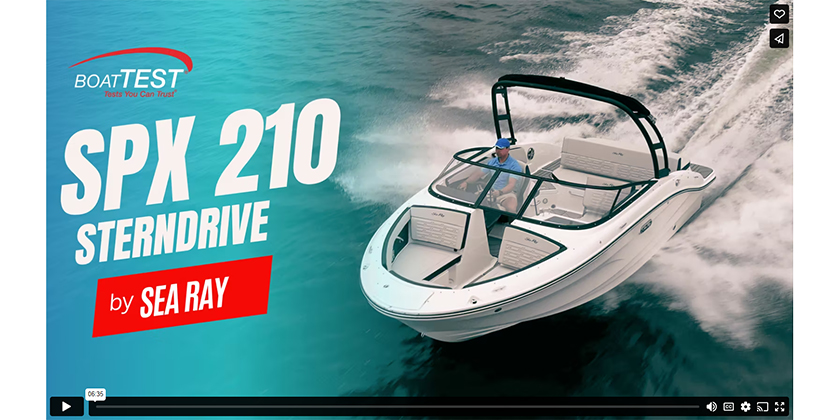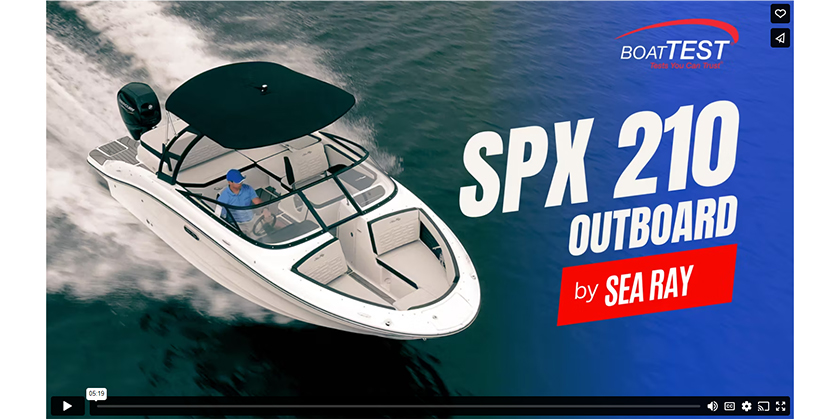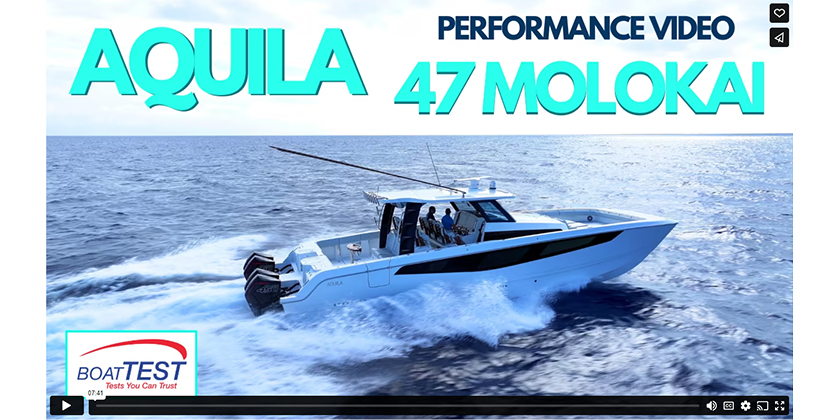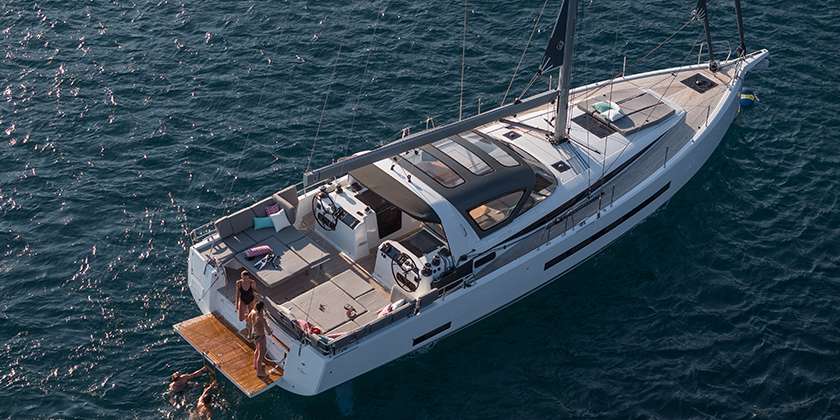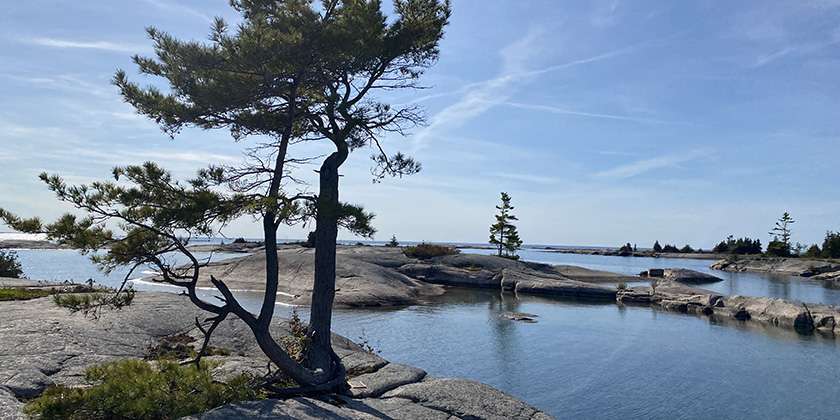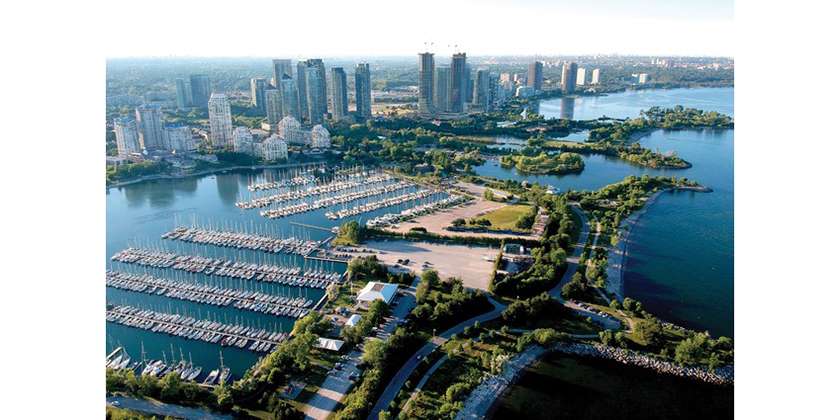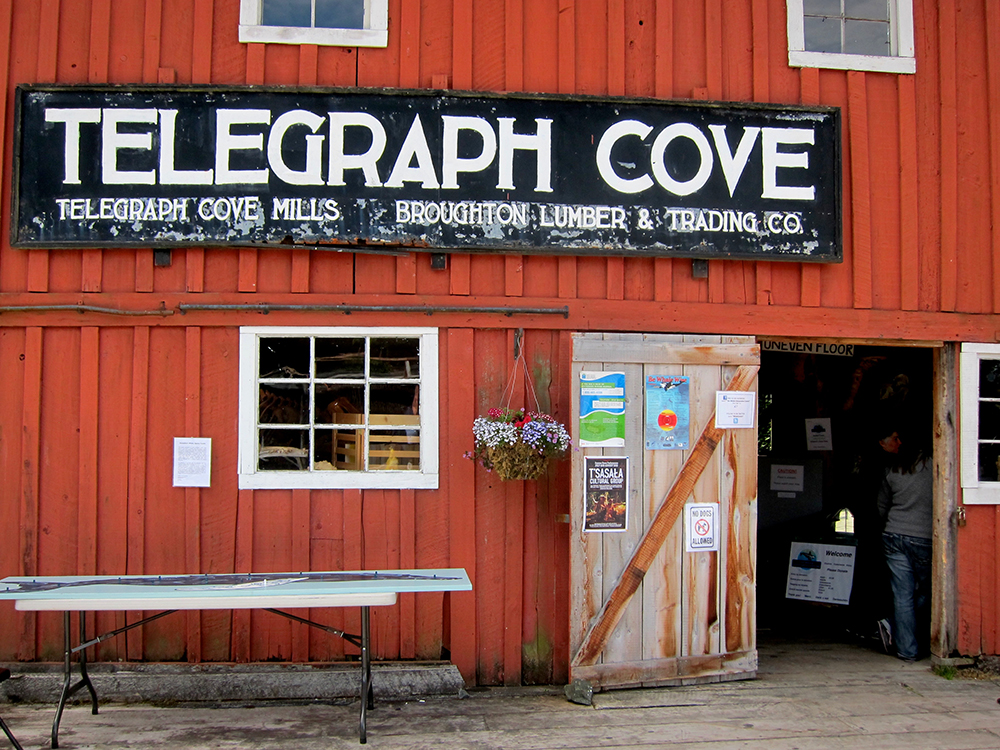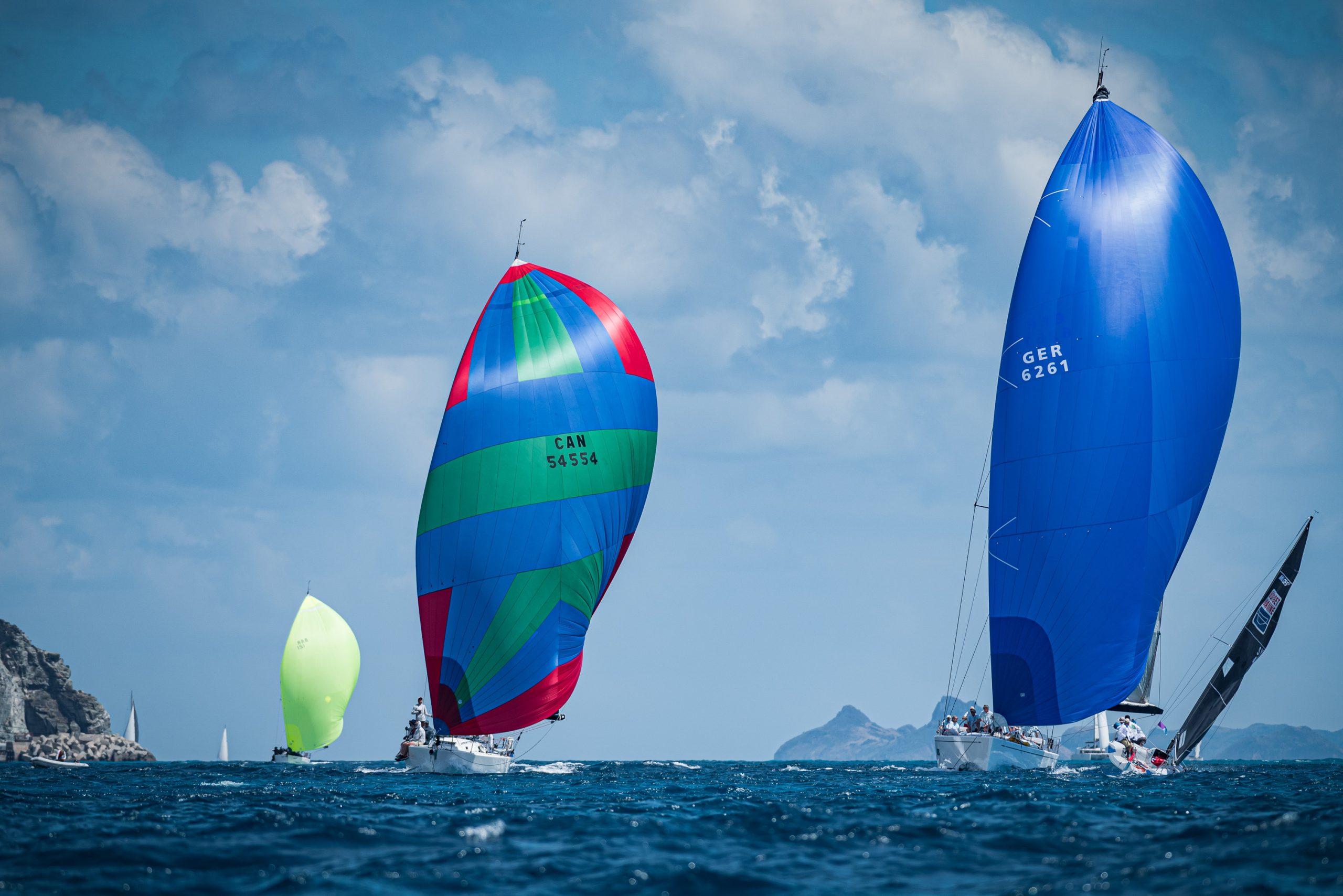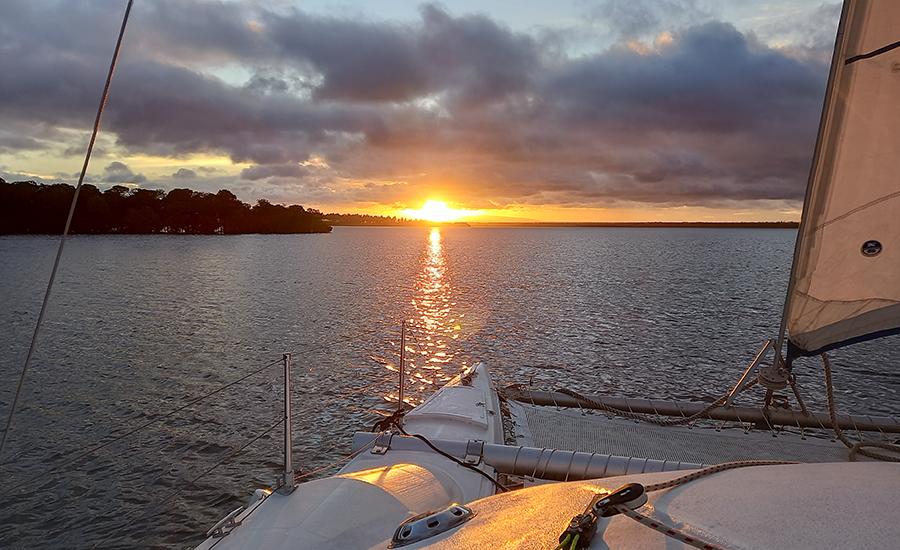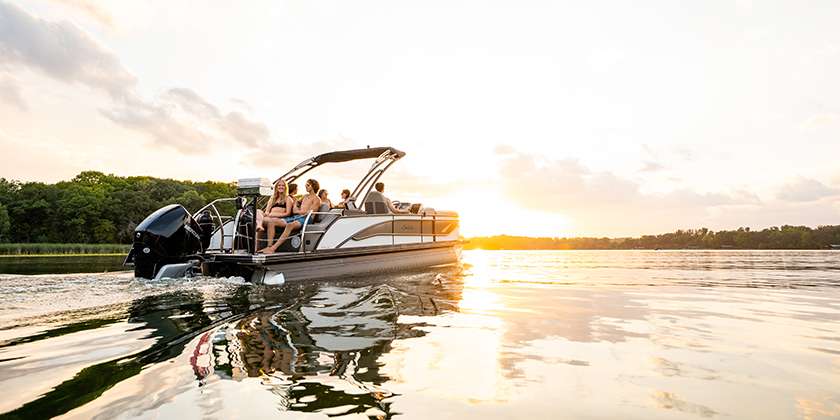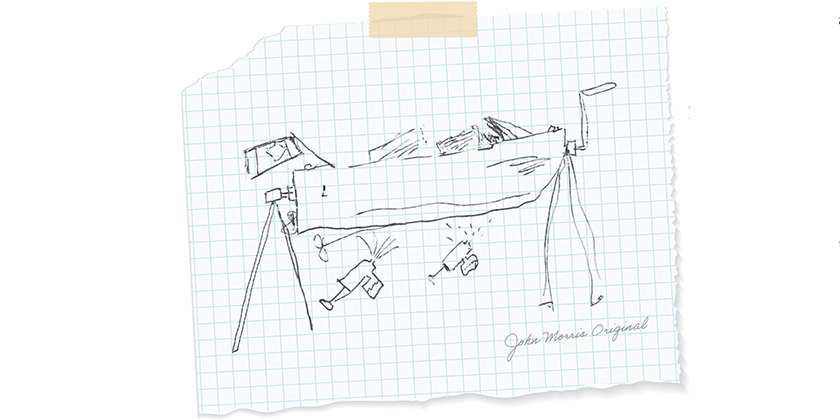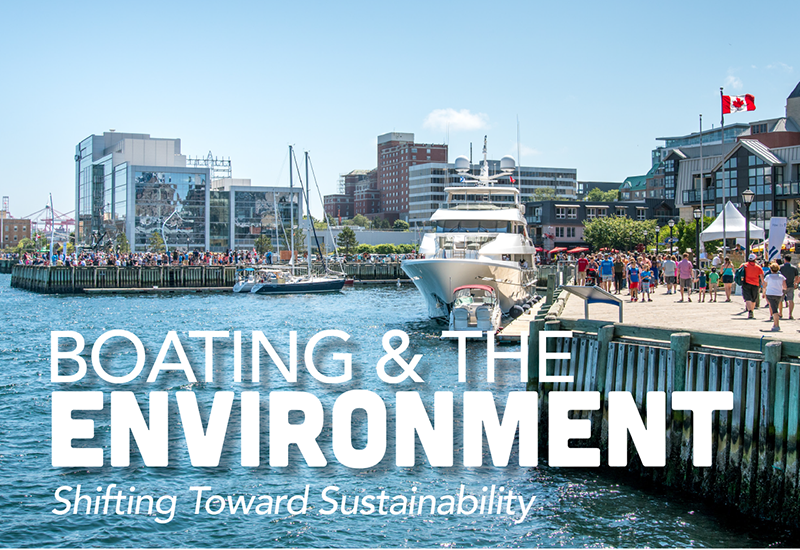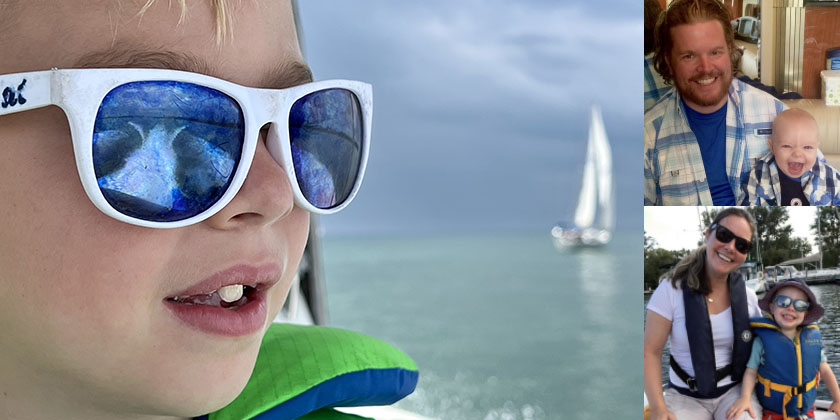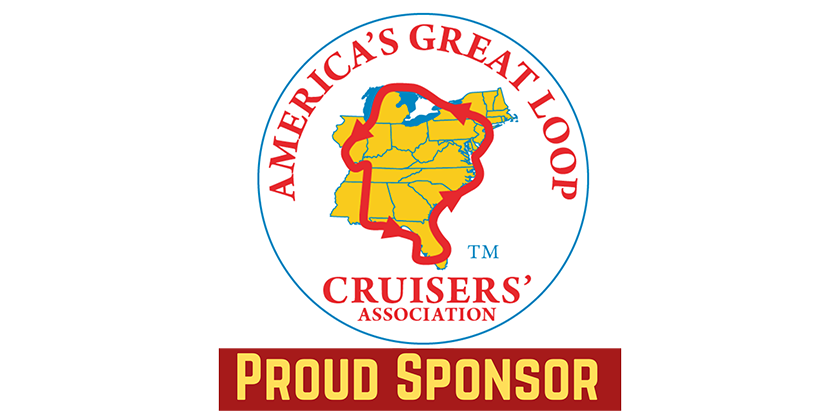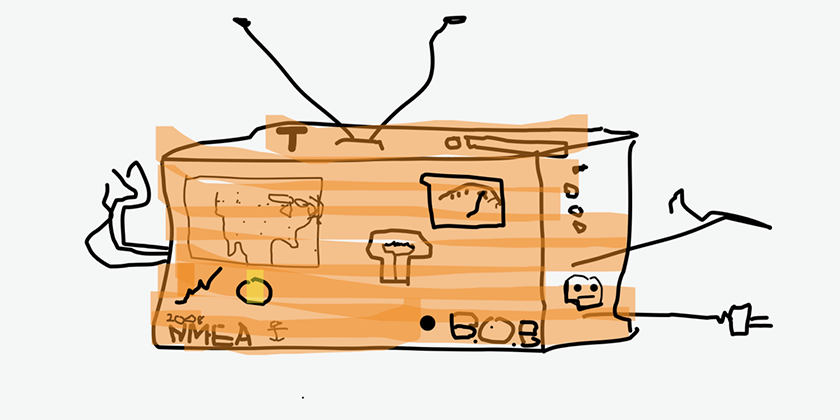Mar 21, 2016
Sailors have long considered themselves shepherds of sustainability in an increasingly digital and performance-based world. When wind power came to the forefront of technology the sailing community took heart that they were, in fact, moving their vessels from port to port utilizing tides, currents, and most importantly wind to reduce their carbon footprint in the tradition of ancient mariners since the beginning of written history.
Photo: Chicago Yacht Club
Increasingly, however, with the visibility of the world’s oceans and ecosystems being under constant threat from pollutants, greenhouse gasses, over fishing, a new threat has been thrust into the spotlight; rubbish.
Plastics, to be more precise, because plastics are resistant to the corrosive conditions of the sea and may break down to small pieces but not break down completely. These pollutants are finding their way into marine life in a way that seems almost surreal and are not always so obvious as a plastic 6-pack ring we have been cutting up for years. Trace plastics have been observed in seagull populations (and yes they will eat anything) but more concerning is how they are making their way into the stomachs of fish caught offshore and inshore and just how widespread the problem is.
While sailors can boast about consuming 20 gallons of diesel fuel per season the community has become increasingly aware of the amount of waste produced at regattas and club cruises that had previously gone unchecked. Groups like The Ocean Cleanup have highlighted huge fields of plastic, previously unseen in more coastal waterways, as a major threat to marine ecosystems all over the globe.
In an age of bottled water and prepackaged food, one organization is taking a look at sustainability for those who are no stranger to traveling green. Sailors for the Sea is challenging Yacht Clubs to reduce their impact even further by hosting Clean Regattas. Their checklist is a voluntary program that provides guidelines aimed at reducing waste at these events (often held in areas whose livelihood and tourism is dependent on their coast and waterways) to nearly zero by providing common sense solutions to focuses areas of excess in the racing community.
To the casual observer it might seem like these steps are easily implemented and some may be surprised that these things need to be spelled out to hosting clubs but the reality is it takes a concerted effort by both the hosting club and the participants to recycle materials and keep biodegradable waste out of landfills. Bottled water is the major focus for Sailors for the Sea (SFTS). By providing water bottles, banning single serve water bottles, and offering water stations around the event grounds, the organization is making sure that boaters from all walks of life take the most important step in cleaning up the oceans: stop the problem before it starts.
The response from sailors and hosting clubs has been nothing short of monumental with over 800 events participating. With over 80% of plastics in the ocean originating from land this step is paramount to ushering in a generation of boaters that not only travel green but also produce less waste than any other before them. Sailors for the Sea aims to make ocean cleanup possible by reducing our impact every day and doing our part to keep our waterways and fisheries intact for future sailors to navigate safely and enjoy.
Story courtesy Jason Tomchik, APS
